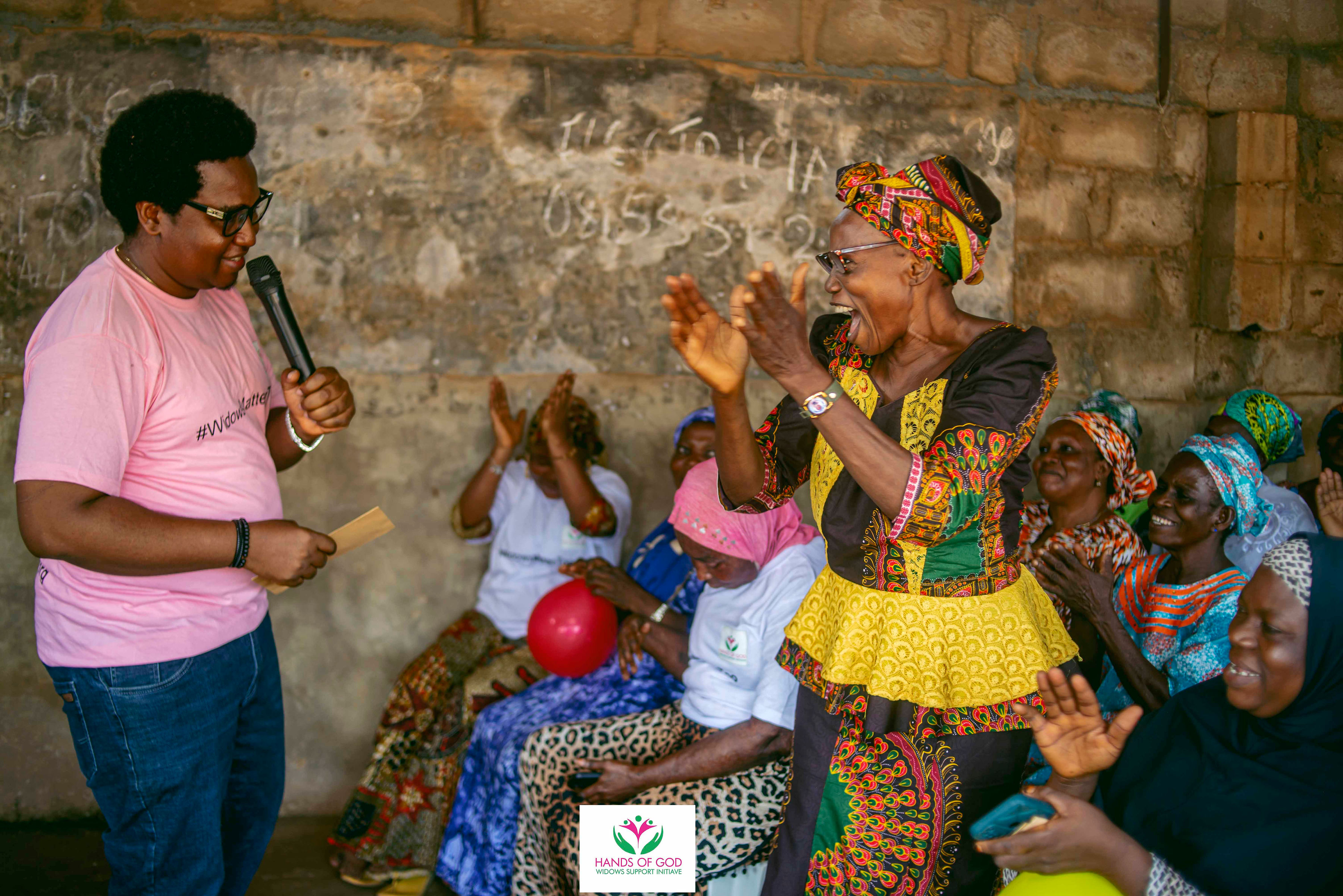
Ten (10) Reasons to Care for Widows
widowhood is one of the most traumatic life events a married adult can endure. For a lot of widows particularly in Africa, the untimely death of a spouse is even more magnified by a lifelong struggle for their basic rights and dignity.
The loss of a spouse is life-altering. One is forced to take up responsibilities that were hitherto shared with a spouse. Nothing can really prepare anyone for this – the impact can only be managed.
Studies suggest that the more active one is, following spousal death, the
easier the adjustment may be. Widowhood is a distressing experience that causes considerable disruption, and for many, the disruption is very devastating and prolonged.
From the above, we can see that following the death of a spouse, the widow becomes vulnerable and requires considerable support to carry on with her new status and cope with the challenges that societal and cultural expectations may throw at her.
We have listed 10 reasons why every society must stand up for widows:
1.The death of a spouse is the number one stressor in a person’s life. Many women are unable to deal with the issues of widowhood. It often leads to emotional, health and psychological breakdown. For several women, this toll takes a lifetime effect.
2.In Nigeria, there are 8-15 million widows with over 21 million dependent children. Although the number may be higher, it is still underreported, and this adds to the strain widows go through particularly as a lot of them do not receive support from the government or family and many are denied their inheritance.
3.Widows are more likely not to remarry. Cultural biases and social stigmatization make it difficult for a lot of widows to remarry after the loss of their spouse.
4. In some cultures, widows are denied the rights of inheritance. This practice and the absence of a will further aggravate the plight of the widow who is left to cater to herself and her dependent children.
In some cases, the children are also taken away from their mother. They are totally stripped of everything.
5.Upon the death of a spouse, a widow loses 75% of her support base. This is why it is very necessary for society to offer. some succor to widows. This is often the result of harsh traditional practices manifested by social stigmatization.
6.Widows have a 30% higher risk of death in the first six months after the death of their husbands.
Many die of a broken heart. They can hardly stand the new realities of life aggravated by biased cultures.
7.The poverty rate among widows is three to four times higher than among elderly married women. Financial needs among widows are often great because they have to bear the burden of the entire family by themselves. Generally, sole-mother families are at a higher risk of slipping into poverty and widowhood only makes it worse.
8.Over one in ten widows lives in extreme poverty. Poor culturalpractices particularly in African communities often exclude women from inheritance and this makes widows lose their means of
livelihood. In many cultures, widows are totally left to society and good-spirited individuals to cater for.
9.There are over 258 million widows in the world. A larger number of this population live in Africa and communities with practices against widows. These women are often left to struggle for
survival under harsh and very inhuman conditions
10.Widows are vulnerable members of society. Theystruggle with health, psychological and financial burdens. Theybecome easy targets and may suffer gender-based violence.
The list is not exhaustive. There are of course several more reasons why we must as a people, society, and government show empathy to widows. We must also do all within our means to demand the abolishment of all harmful and inhuman traditional practices that deprive and stigmatize widows in society. Widows just like the rest of us are humans too. They are our mothers, aunties, sisters and friends. They must be treated with fairness, equity and most importantly, love.


0 Comment